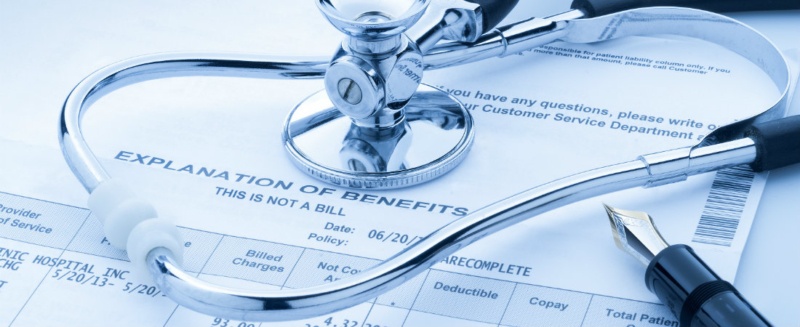Although some of the new Medicare Act President Bush signed last year won’t go into effect until 2006, parts of it went into effect on January 1. You can take advantage of tax-free health savings accounts starting right now.
The new tax-free health savings accounts will correct a major distortion in the law and should provide both employees and those running their own businesses with a way to pay for health care with tax free dollars.
If you’re spending a whole lot of cash paying for everything from doctor’s visits to prescription drugs to high healthcare deductibles, you’re probably paying for most of those costs with after-tax dollars. Starting January 1, you can put away tax deductible cash into health savings accounts and pay for those health care costs with pre-tax dollars. Here’s how it works:
You’re elibigle for a health savings account if you have a health insurance policy with a $1,000 deductible for a single policy or a $2,000 deductible for a family policy. The maximum contribution is the lessor of the amount of your deductible or $2,600 for a single individual or $5,150 for a family policy. You can claim the writeoff for the HSA contribution on your federal tax form 1040 and it’s considered an above the line deduction, which means it lowers your tax bill whether or not you take the standard deduction.
Once you set up the health savings account, you can make your tax deductible deposits and start using income tax free withdrawls to pay uninsured medical expenses for yourself, your spouse and your dependents. The only thing you can’t do is use the cash inside the health savings account to pay the premiums for your high deductible health insurance plan.
There are other benefits as well. Your health savings account balance can accumulate from year to year, so if you’re healthy, you can build up your account. The income earned on the balance is also tax free. At age 65, you can take cash out of the account, but you may trigger federal or state taxes if you use the cash for non-medical expenses. Individuals aged 55 to 65 can put in extra funds, like the 401K and Roth IRA catch up provisions. And finally you can make your 2005 contribution all the way up to April 15, 2005.
Health savings accounts are going to be set up like IRAs and you’ll be able to establish them at a bank, insurance company, or other financial services provider that is approved by the IRS, like brokerage firms. Before setting one up, be sure to read the fine print so you know what fees they’ll charge and what kinds of investment options will be offered.
January 8, 2004.







Leave A Comment